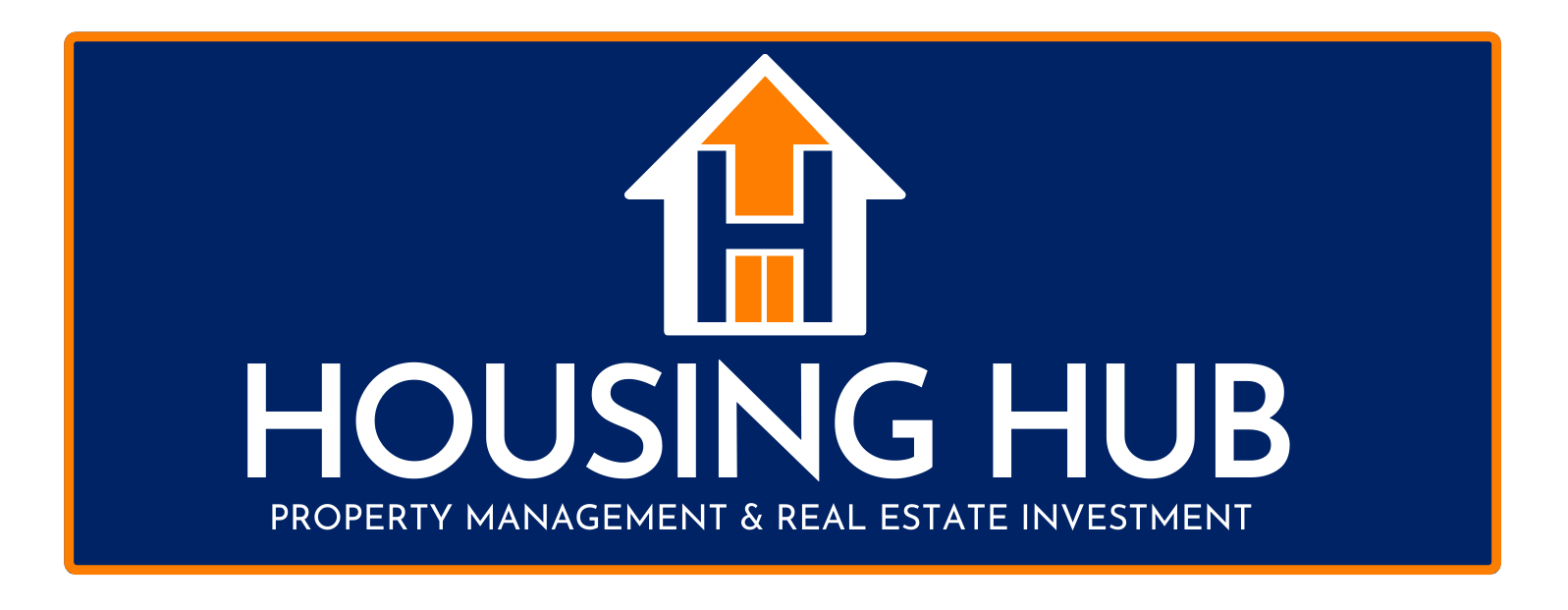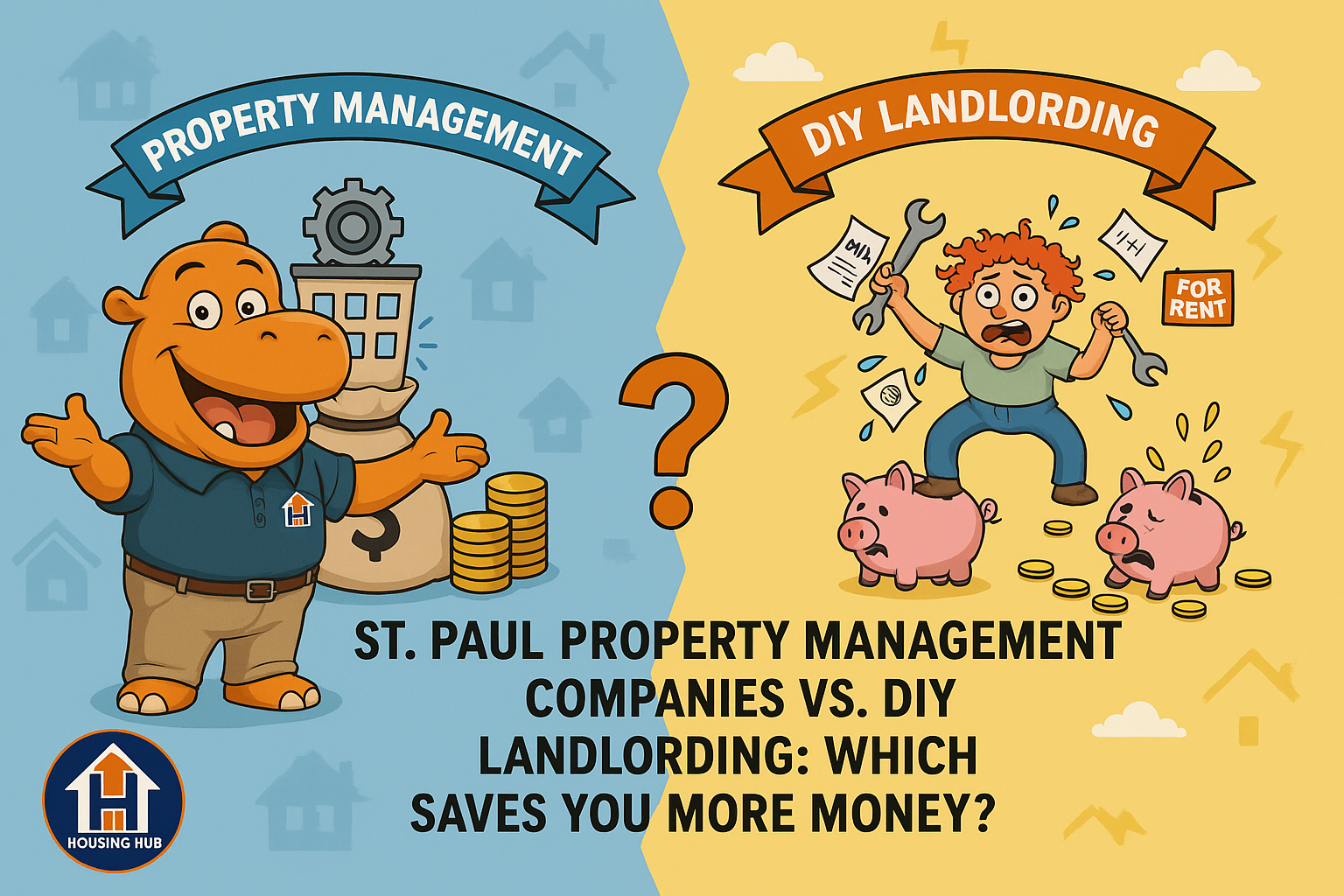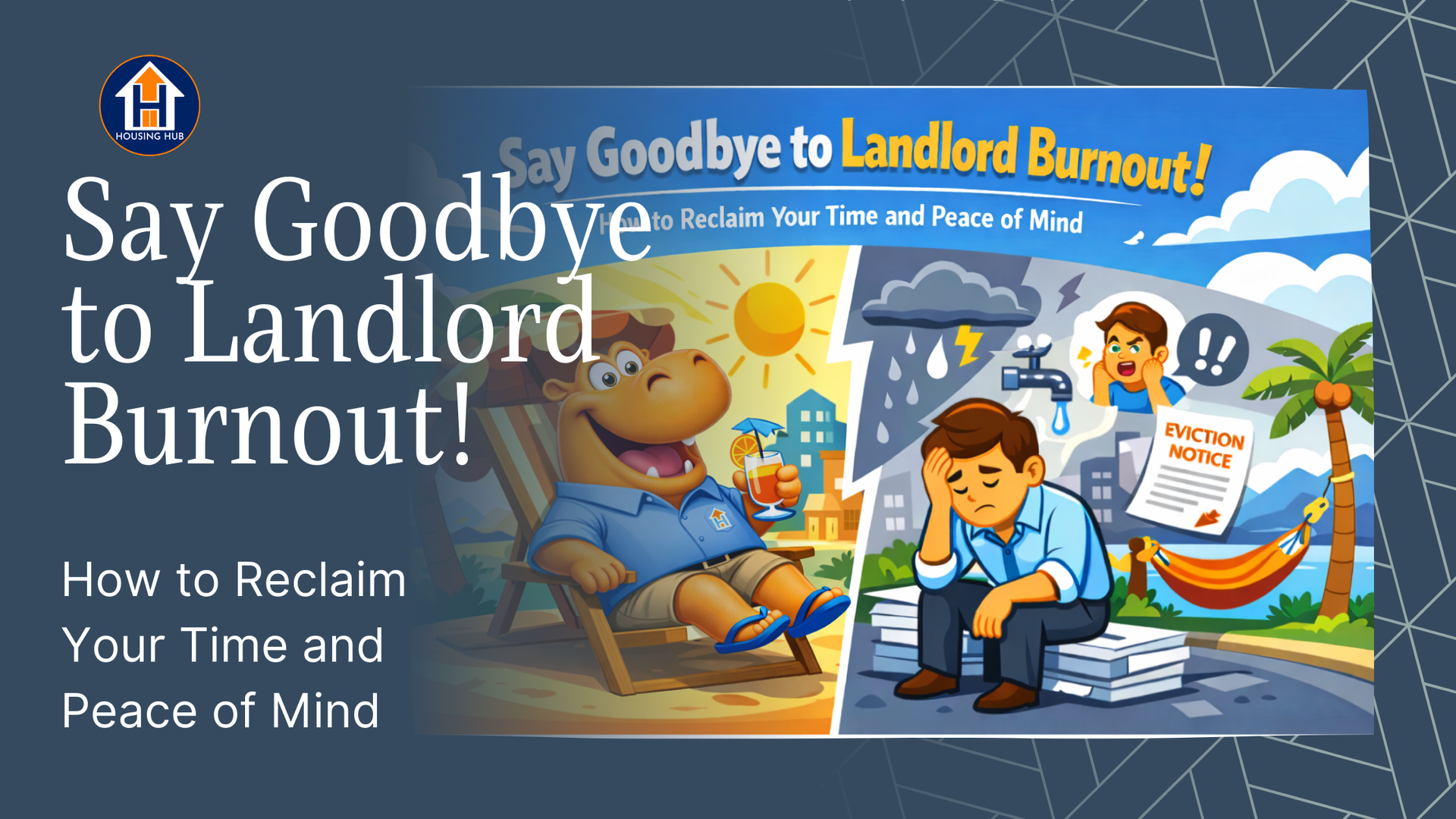As a St. Paul property owner, you're facing a critical decision that could impact your rental income for years to come: should you manage your properties yourself or hire a professional property management company? While the answer might seem obvious at first glance: eliminating that 8-12% management fee sounds like pure savings: the financial reality is far more complex than it appears.
Let's dive deep into the real costs and benefits of each approach, so you can make an informed decision that maximizes your long-term profitability.
The True Cost of DIY Property Management
When you choose to self-manage your St. Paul rental properties, you're immediately saving on management fees that typically range from 8-12% of your monthly rental income. For a property renting at $1,500 per month, that's $120-180 you keep in your pocket every month. Over a year, that's $1,440-2,160 in direct savings: money that would otherwise go to a management company.
But here's where things get interesting: those upfront savings often come with hidden costs that can quickly erode your profits.
Higher Maintenance and Repair Costs
Professional property managers have established relationships with contractors, plumbers, electricians, and other service providers. These bulk partnerships often result in discounted rates that can be 20-30% lower than what individual landlords pay. When your water heater fails or you need emergency plumbing work, you'll likely pay retail prices while scrambling to find available contractors.
Extended Vacancy Periods
Professional property managers have refined marketing systems, extensive tenant databases, and proven strategies for minimizing vacancy periods. DIY landlords often struggle with effective marketing, leading to longer vacancy periods that can cost hundreds or thousands in lost rental income. Even one extra month of vacancy can easily exceed an entire year's worth of management fees.
Professional Property Management: Investment vs. Expense
When you hire a St. Paul property management company, you're not just paying for someone to collect rent and handle maintenance calls. You're investing in a comprehensive system designed to maximize your property's profitability while minimizing your stress and legal exposure.
Operational Efficiency and Cost Savings
Professional property managers leverage economies of scale that individual landlords simply cannot match. Their vendor networks provide discounted maintenance rates, bulk purchasing power reduces supply costs, and their systematic approach to operations eliminates many inefficiencies that plague DIY landlords.
Local St. Paul property management companies understand the nuances of different neighborhoods: from the premium Summit Hill area to the growing Midway district. This market expertise translates directly into optimized rental rates and strategic property positioning that maximizes your income potential.
Legal Compliance and Risk Management
Minnesota's landlord-tenant laws are complex and constantly evolving. Professional property managers stay current with
Minnesota rental regulations, ensuring your properties remain compliant and avoiding costly legal disputes. The cost of a single discrimination lawsuit or regulatory violation can far exceed years of management fees.








